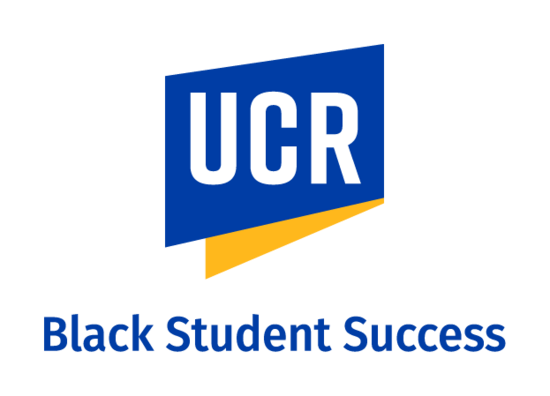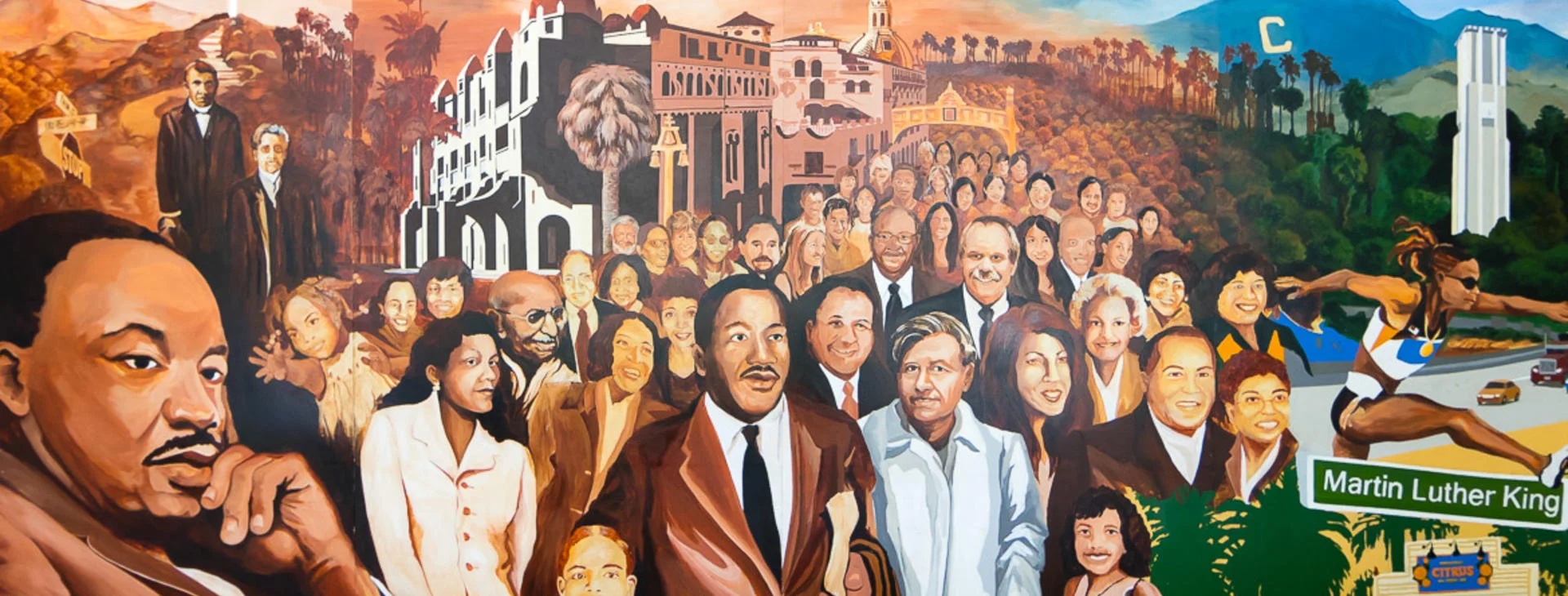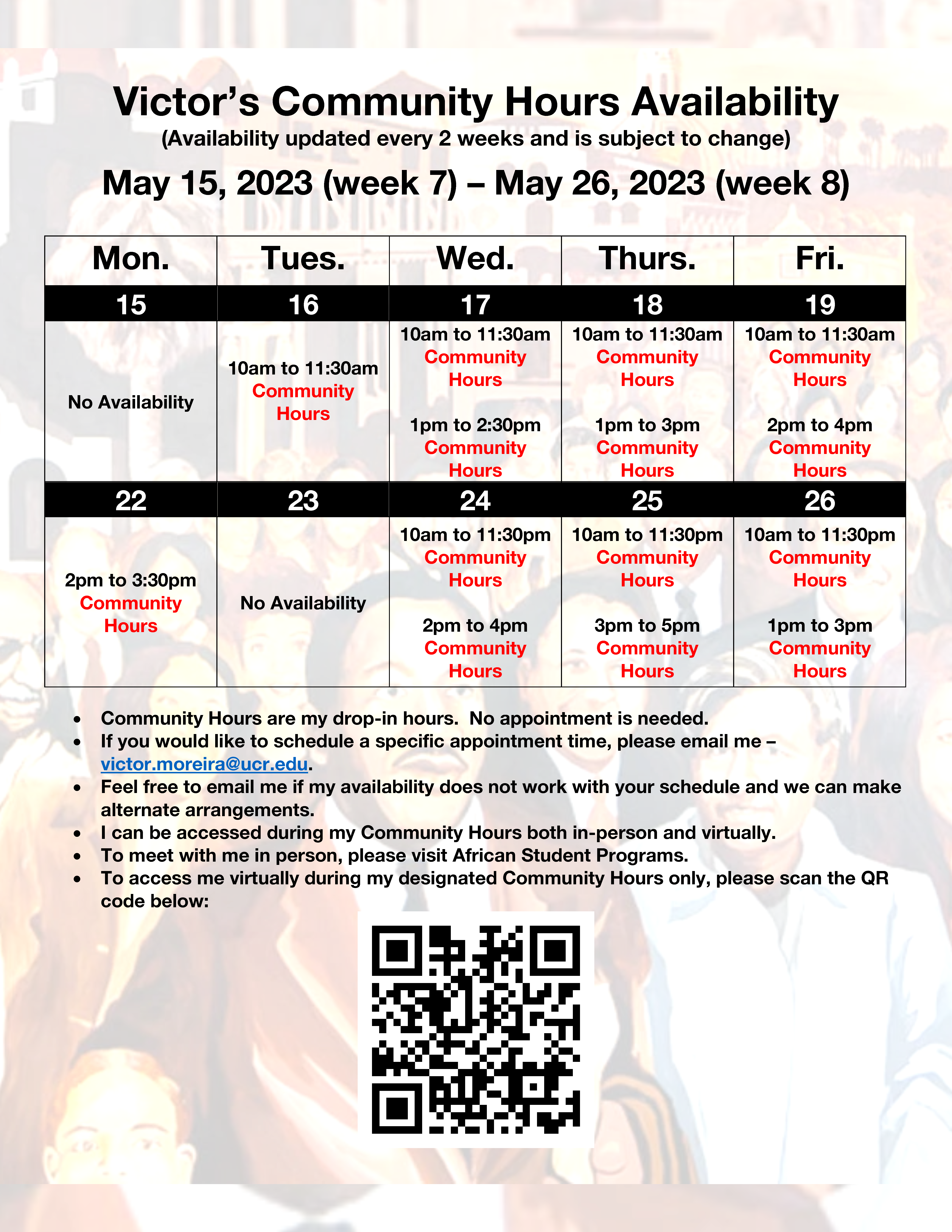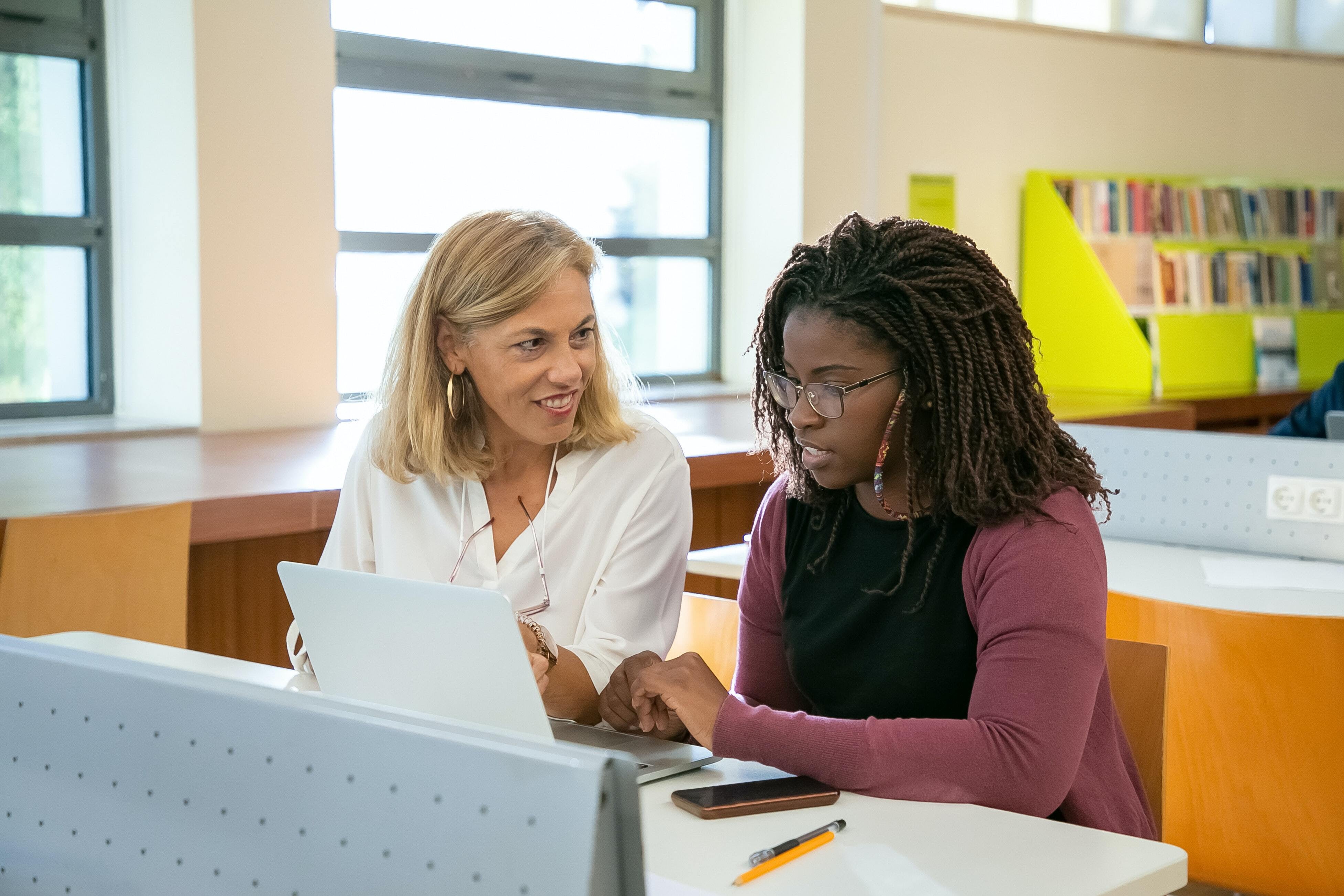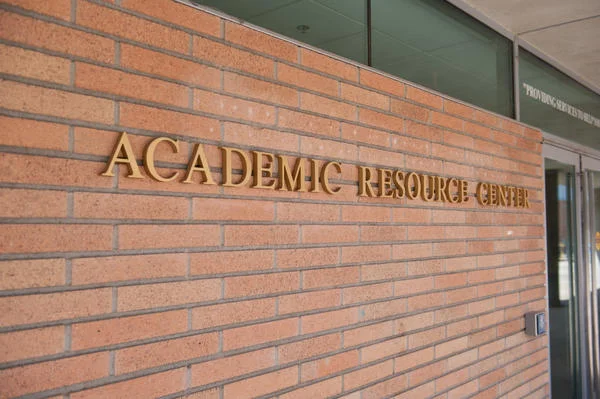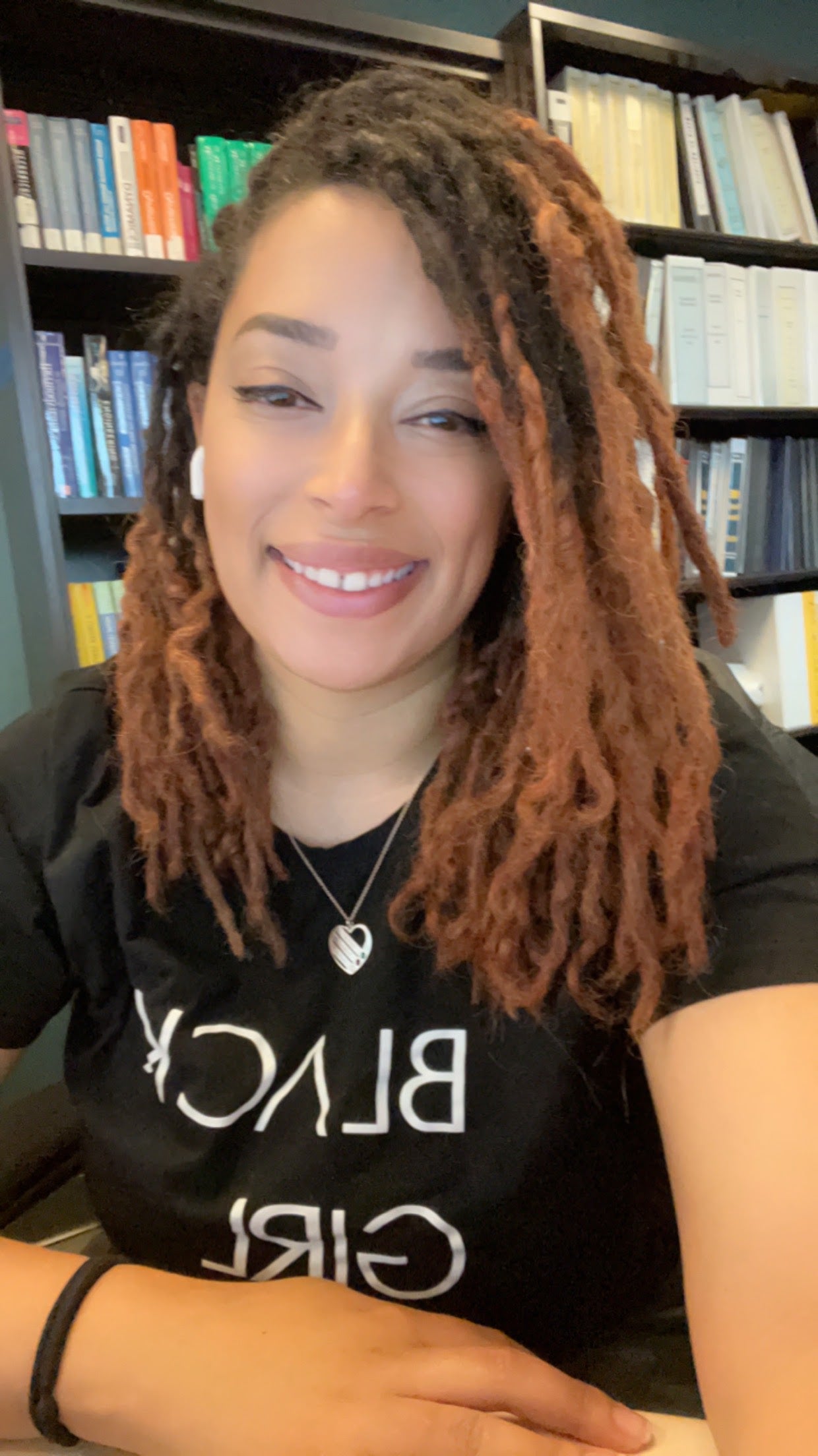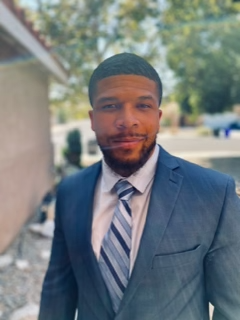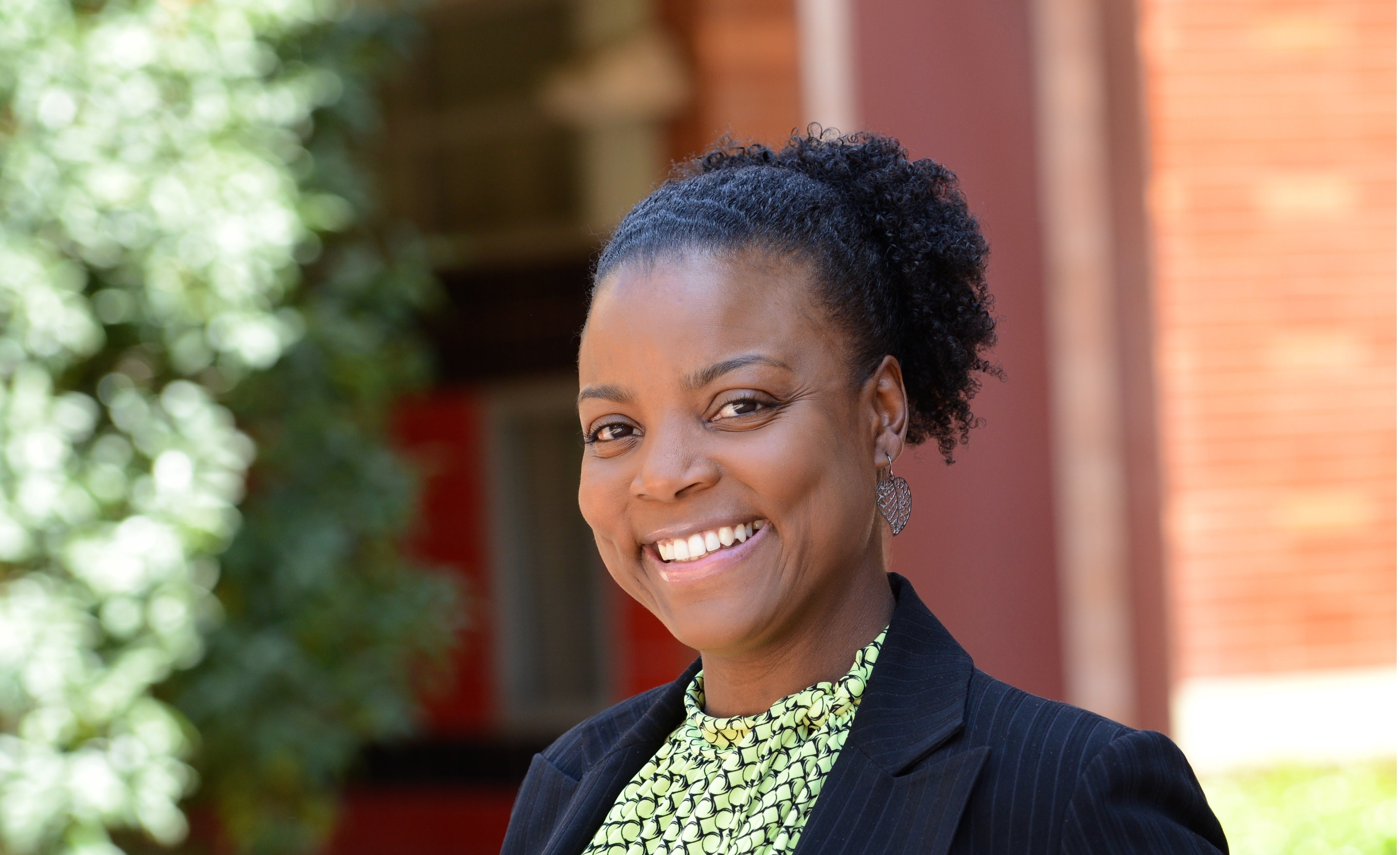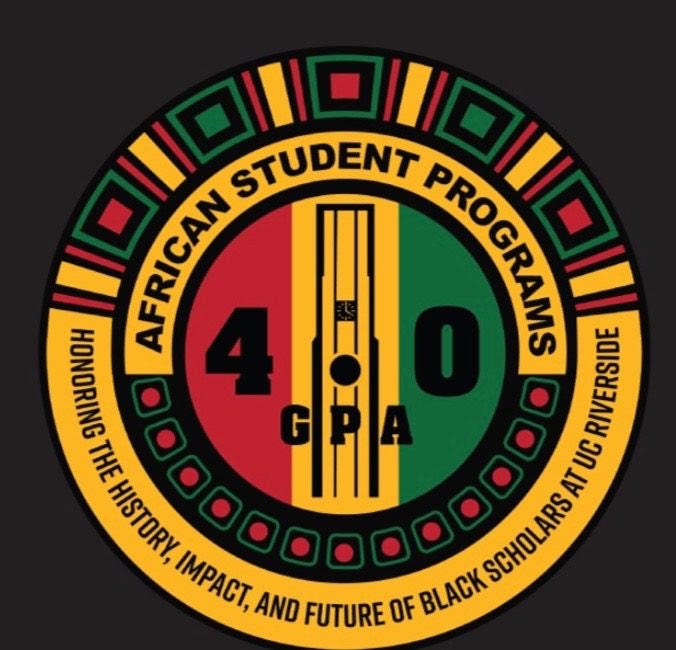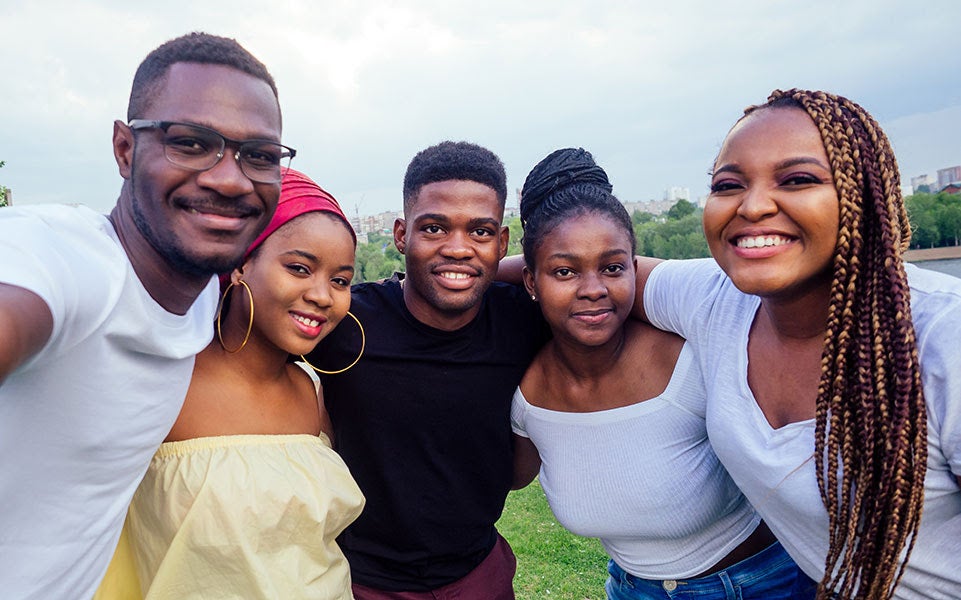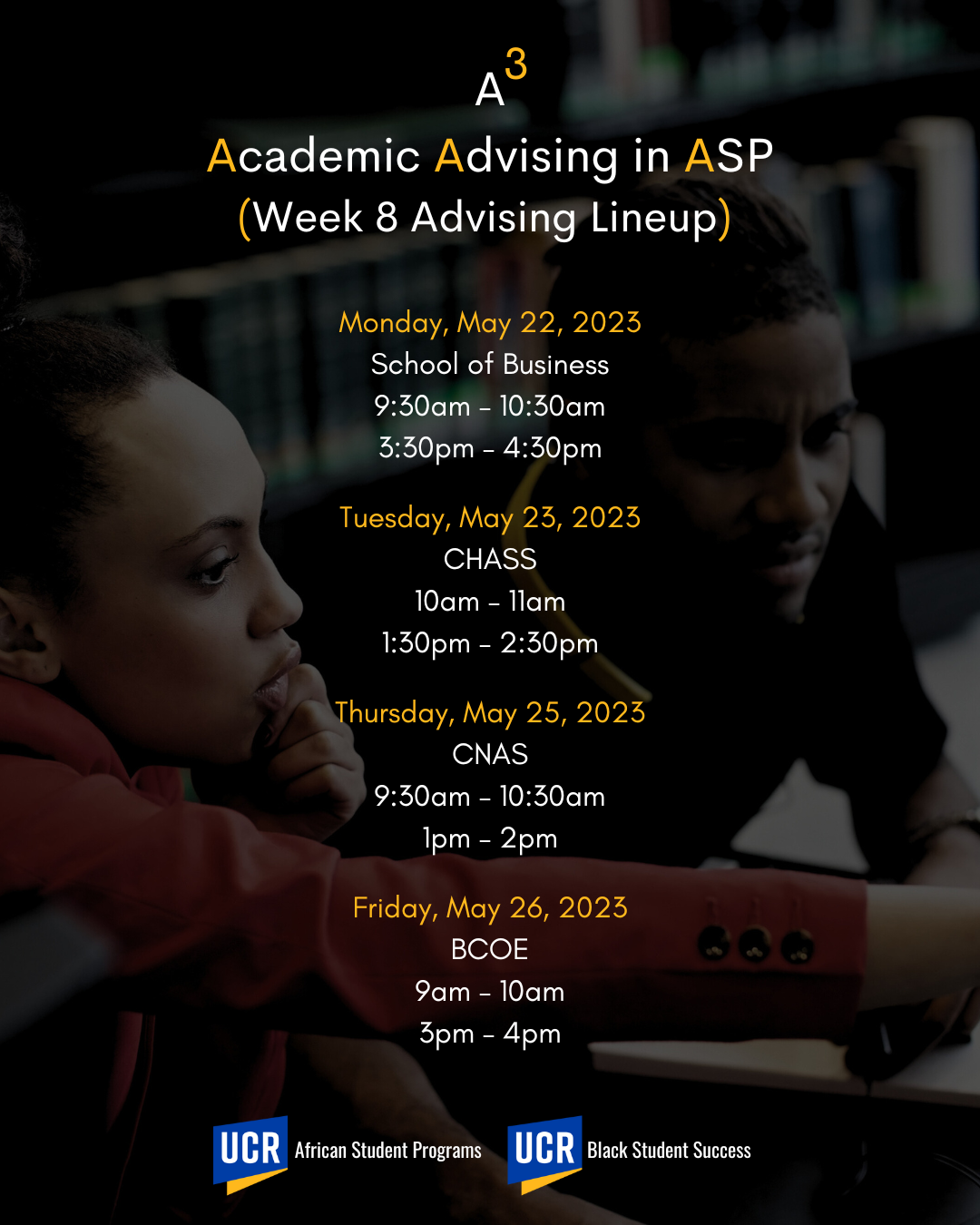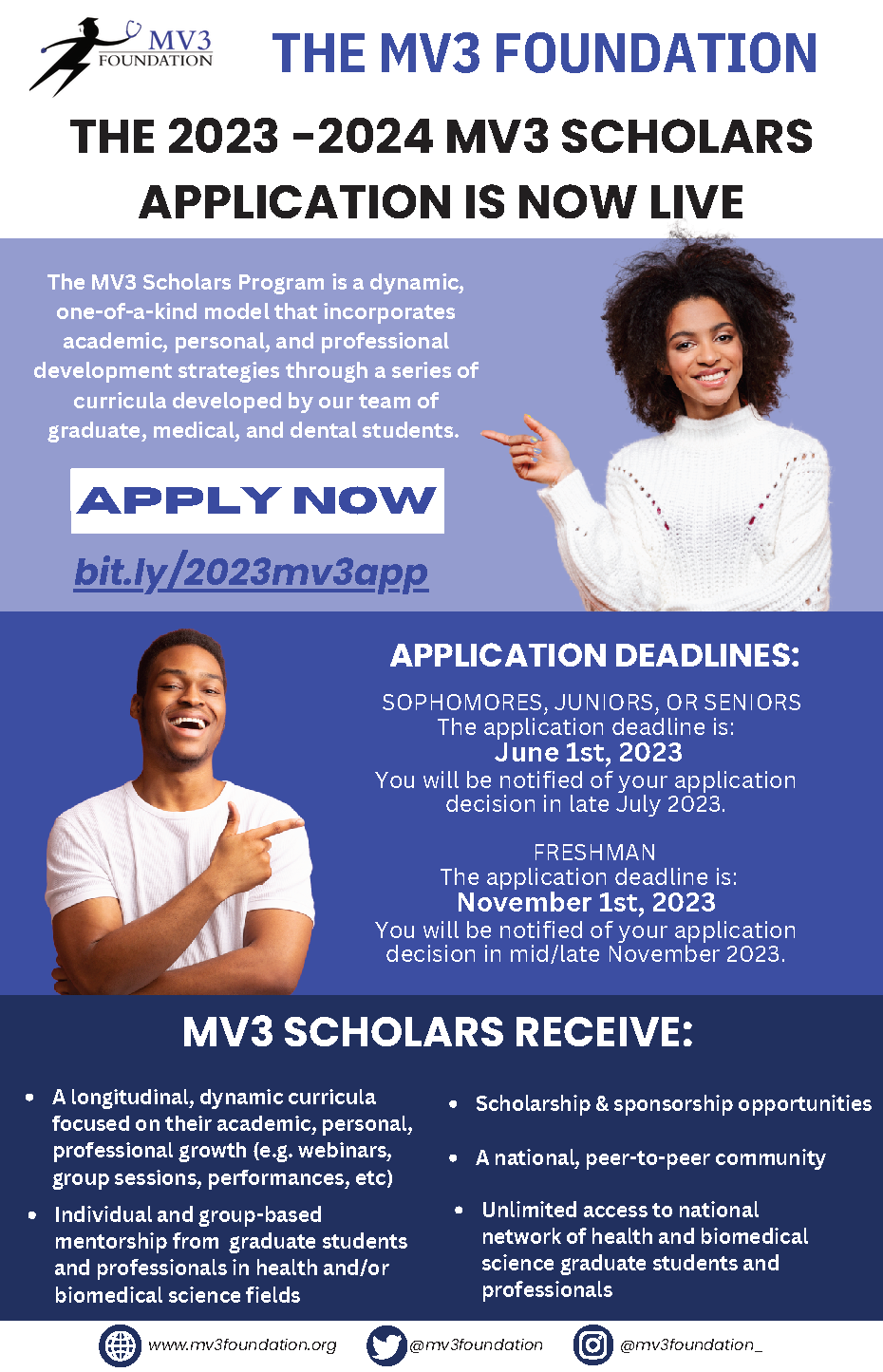Black Student Success
Academic Newsletter Spring Quarter 2023Academic Newsletter
Issue 1 (Week 7)
Spring Quarter 2023
Academic Newsletter Welcome & Purpose
Greetings!
The purpose of the Black Student Success Newsletter is to share and highlight the important people, places, information, accomplishments, upcoming events, critical deadlines/dates, and other content that promotes Black Student Success at UCR!
Newsletter Contents
Upcoming Dates & Deadlines
Community Hours Availability
How the Black Student Success Coordinator Helps
Academic Terminology
Academic Enrichment Program & Activity Spotlight
Campus Resource Provider Spotlight
Victor’s Words of Wisdom
Undergraduate Black Scholar Spotlight
Graduate Black Scholar Spotlight
Black Faculty and Staff Spotlight
Club 4.0 & Achievers Circle
Motivational Quotes to Live By
Upcoming Events and Special Announcements
Upcoming Important Dates and Deadlines
Fall 2023 registration time tickets now viewable
Tuesday, May 16, 2023 (week 7) by morning
Fall 2023 registration begins (check time ticket for your specific date + time)
Monday, May 22, 2023
Last day to change the grading basis for a course (certain restrictions apply)
Friday, May 26, 2023 (week 8) by noon
Last day to withdraw from the entire quarter
Friday, June 9, 2023 (week 10) by close of business
Community Hours Availability
How the Black Student Success Coordinator Helps
Greetings! My name is Victor Moreira and I serve as UCR’s Black Student Success Coordinator. The goal of my position is to support Black Scholars at the undergrad level in order to achieve the following:
Increase the graduation rates of Black Scholars
Increase the retention rates of Black Scholars
Help create and maintain a campus environment that fosters student success
I accomplish this goal by supporting undergraduate Black Scholars academically.
Academic Support
I offer high-level support in the following areas on the 1-on-1 and group level:
emergency registration issues, understanding major requirements, summer school, the petition process, policy/procedure clarification, the major change process, the minor declaration process, the double major declaration process, academic standing issues, academic intervention, preliminary course planning, time management issues, referrals to academic + non-academic support resources, connections to academic enrichment programs + activities, professional exploration, early professional development support, life coaching, Black student org academic + professional support, and culturally responsive support with non-academic related issues.
Academic Terminology
(Provided by R’Jargon via firstgen.ucr.edu)
Withdrawal
Dropping a class after the drop/add period has ended is considered a Withdrawal. You may withdraw from a course after the add/drop period has ended with no grade penalty, however, you will not be eligible for a tuition refund and must still pay any outstanding balances owed to the college.
Withdraw from University
If beginning on the first day of instruction, you find you are not going to attend UCR any longer, you must formally withdraw from the university.
Academic Enrichment Program & Activity Spotlight
Faculty Research Participation
UCR students have the unique opportunity to work with faculty members that are currently conducting research in their area of study. Students typically connect with faculty members that are affiliated with the department their major is housed under or in a department that is closely associated with their major. Depending on a student’s level of involvement, there is a chance to even be officially recognized on research publications. Students also have the opportunity to receive financial compensation or academic credit for participating in faculty research.
Students that are interested in learning more about how to participate in faculty research can visit engage.ucr.edu.
Campus Resource Spotlight
The Academic Resource Center (ARC)
The mission of the Academic Resource Center (ARC) empowers students to grow intellectually and personally by providing pee-to-peer as well as staff support and mentoring.
There goals of the ARC are as follows:
- to provide academic support, mentorship, and leadership,
- to increase student success in historically challenging courses, and increase retention and graduation rates,
- to increase student self-confidence, motivation, understanding of academic support services, and connection to UCR,
- to encourage a student culture of independent learning,
- to celebrate differences and diversity, and
- to ensure equal access to resources
The ARC offers the following support services:
- tutoring
- supplemental instruction
- R’Success workshop series
- (ACE) - assistance, coaching, and encouragement
- writing and reading support program
To learn more about the ARC and how to access their several impactful programs and resources, please visit them at arc.ucr.edu.
Victor’s Words of Wisdom
Obtaining Accurate Information
Obtaining accurate information makes all the difference when you think about your success in and outside of the classroom! Making decisions based on outdated information is just as harmful as making decisions that are based on false information. There will also be those around you that mean well as they truly want to see you succeed. This, however, does not mean that you should automatically take their advice and recommendations. They need to be vetted. How do you know that their advice and recommendations are based on accurate information?
What I’ve learned over the years is that is best to find the answers and clarifications you seek, especially in your academic and professional life, from those that are paid to know the answer! What was true yesterday does not mean that it will remain true today or tomorrow! I encourage you to continue to share your questions, comments, and concerns with me. If the answers you seek fall outside of what I’m paid to know, I’ll make it a point of professional pride to route you to those are paid to!
Black Scholar Spotlight
(Undergraduate)
Tanis Gaines
What is your major?
“African American Studies”
Where did your grow up?
“I was born and raised in Topeka, Kansas - go Chiefs, Royals and Jayhawks!”
What are you future professional plans/goals?
“I'm applying for graduate school in either public policy or continuing in African American studies because I want to continue the work of scholars and politicians that worked on getting AB 101 passed in 2021 that requires high school students take one semester of ethnic studies in California in order to graduate. I want to push the envelope to include middle school and elementary school because if Black kids can experience racism from the moment they are born, they should be knowledgeable about where it comes from and how to push back. I want to become a published author and help create K-12 history textbooks that will more accurately reflect the history of the Americas - the good, the bad and the ugly because it's what happened and we can't dismantle systems of oppression without acknowledging they exist. I've already written a couple of children's books to empower Black boys and girls that I'm working to get published. Basically I support any and everything that uplifts our people, in every sector, every space and place in this country and the world.”
What are 3 habits/practices that help you perform academically?
- “I make it a point to build relationships with my TAs and professors because they are where I want to be (and have been where I am). This is beneficial on a professional level but there are times when, as a mother, I will not be able to be as present as I'd like to be so establishing that relationship early on helps in my times of need.”
- “I do the work - every single assignment. Even if that means I'm pulling an allnighter. Push yourself because you'll be a lot happier and a lot less stressed during week 10! Also I try to take advantage of extra credit if it's ever given. Those few points may make all of the difference down the line.”
- “I take mental health days and am intentional about the classes I take. I'm mindful of the professor's teaching style, the way they grade and the workload. I also compare this with the other classes I'm taking and the responsibilities I have outside of school including work, my children, etc. If something isn't going to serve me long term or if I can't give a commitment my all, I will seriously consider if I'm going to stick it out for a few more weeks or take a different route. If all my training both professionally and academically have taught me anything, it is to do what will serve you in the end. Some things aren't worth the temporary stress, some things are. I encourage scholars to speak with an advisor, a mentor and/or a mental health professional that will help them come to an informed decision. It's okay not to have it all figured out all of the time, rarely anyone does, so give yourself grace and understanding.”
What are your source(s) of motivation?
“My daughters; Maliya, Kalani and Lulu. My grandma, Clara Gaines and my best friend/cousin TeNelle Gaines, who have BOTH always believed in me and my desire for the liberation of Black people in America and the world.”
What’s a fun fact about yourself?
“I consider myself a social justice activist and am actively participating in protests and strikes across southern California against the mistreatment of Black people and other marginalized communities, police brutality, black worker injustices, big business, colonization, the fishing industry, dismantling the NRA and the PIC, and so much more. If I'm not being a mom or in school, you can catch me on the front line - or watching anime!”
Black Scholar Spotlight
(Graduate)
Buddy Ugwumba
What is your major?
“Electrical Engineering with an emphasis on Communication & Signal Processing”
Where did your grow up?
“From about 3 - 14, I lived in Long Beach, California. My parents and I immigrated to the US in 1993 from Nigeria. At the end of my 8th-grade year, my family and I moved to Hemet, California. I lived in Hemet until November 2019, when I moved to Victorville.”
What are you future professional plans/goals?
“Dependent upon employment opportunities, I plan to further my education and pursue a Ph.D.”
What are 3 habits/practices that help you perform academically?
- “Prepare for class. Reading any supplementary material for the day's lecture or reviewing past lecture material is imperative. Doing so reduces cognitive load. By doing the former, I familiarize myself with the material and identify which concepts/ideas I struggle with. These are the topics I pay close attention to during class. The lecture is much easier to absorb afterward. Concerning the latter, reviewing past lecture material makes it easier to build on existing ideas. Ultimately, I see a reduction in the review necessary for the final.”
- “Don't copy the board! When I take notes, I do so only on the things I feel the professor is stressing about and spend most of the time listening and interacting with the lecturer. I take pictures of what the professor writes on the board; then, when I go home, I rewrite what he wrote. Reworking the professor's derivations helps me better retain and make sense of their reasoning and approach.”
- “Make yourself known to your classmates. Connecting with your classmates is vital. Sometimes a classmate can explain things that I do not understand. Also, something may come up where you cannot attend a lecture. At these times, I can depend on my classmates to fill me in or take pictures of the board.”
What are your source(s) of motivation?
“My primary source of motivation is my family. Becoming an electrical engineer has allowed me the social mobility to provide for them. My other source of information is myself. I naturally like learning new things.”
What’s a fun fact about yourself?
“When I was younger, I thought I'd become a rapper.”
Black Faculty and Staff Spotlight
Dr. Raquel Rall
What department(s) are you affiliated with?
School of Education
What is your educational background?
Bachelor’s Degree in Human Biology (Stanford University)
Bachelor’s Degree in African and African American Studies (Stanford University)
Ph.D. - Urban Education Policy (University of Southern California)
What are your areas of research focus?
“Leadership, governance, and decision making in higher education”
Where did you grow up?
“Carson, CA” and “Diamond Bar, CA”
What are 3 habits/practices that help you perform academically?
- “Prayer”
- “High Expectations”
- “Humility”
What are your source(s) of motivation?
“God, family, naysayers”
What’s a fun fact about yourself?
“I enjoy puzzles of all kinds (jigsaws, crosswords, etc.)”
If you would like to contact Dr. Rall, please email:
Club 4.0
&
Achievers Circle
Announcement and Criteria
The purpose of the Club 4.0 is to acknowledge Black Scholars who demonstrate excellence in their academics while pursuing their goals and dreams!
To be eligible, you must have earned a 4.0 GPA for the most recent previous academic term (excluding the Summer term) and meet the following criteria:
Be a full-time undergraduate or graduate student
Earn a minimum of 12 units
No grade below a “B”
No grade of “W”, “NC”, “GD”, or “I”
In addition to being recognized on the “Black Student Success Newsletter,” winners will receive a dining gift card and be acknowledged on African Student Program’s website and social media. (Disclaimer: awards will be given while supplies last.)
Black Scholars who earned a GPA between a 3.50 and 3.99 GPA for the most recent previous academic term (excluding the Summer term) are eligible for the ASP Achievers Circle. There is no monetary prize, but there will be public acknowledgement for all those who earned a place in the ASP Achievers Circle. In addition to the GPA requirement, the following criteria must be met:
Be a full-time undergraduate or graduate student
Earn a minimum of 12 units
No grade below a “B”
No grade of “W”, “NC”, “GD”, or “I”
Motivational Quotes to Live By
(Author Unknown)
An old Cherokee is teaching his grandson about life:
“A fight is going on inside me,” he said to the boy.
“It is a terrible fight and it is between two wolves. One is evil–he is anger, envy, sorrow, regret, greed, arrogance, self-pity, guilt, resentment, inferiority, lies, false pride, superiority, and ego.”
He continued, “The other is good – he is joy, peace, love, hope, serenity, humility, kindness, benevolence, empathy, generosity, truth, compassion, and faith. The same fight is going on inside you–and inside every other person, too.”
The grandson thought about it for a minute and then asked his grandfather: “Which wolf will win?”
The old Cherokee simply replied, “The one you feed.”
Blue, Gold, and Black Mentorship Program
Upcoming Events and Special Announcements
Questions, Comments or Concerns?
Email our Black Student Success Coordinator - Victor Moreira
